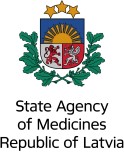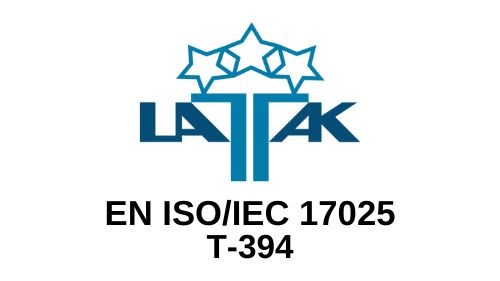Common approach in the Baltics to introduction of additional safety features on medicinal product packagesToday, on 20 October 2016, the annual meeting of experts from the Baltic state agencies of medicines is taking place in Riga in order to discuss the normative regulation of the pharmaceutical field and the latest developments within the industry. The meeting agenda included a review of the trends in consumption of medicines in the Baltic States, safety issues of medicines and additional safety features on medicinal product packages, as well as solutions for issues regarding disruptions in supply of medicines. Representatives of the state agencies of medicines in Latvia, Estonia and Lithuania meet every year to discuss pharmaceutical regulatory issues. The collaboration between the Baltic States is important not only from a regional unity perspective, but also due to the importance of establishing stable conditions for all the participants in the markets of smaller countries. On 22 November 2012 three directors of state agencies of medicines of the Baltic States signed an agreement in Riga to ensure collaboration in the areas of good manufacturing practice, good distribution practice, good pharmacovigilance practice and good clinical practice, as well as collaboration of the laboratories in the Baltic States with regard to testing of medicines authorised via the national procedure. Svens Henkuzens, Director of the State Agency of Medicines: “This year, the participants of the afternoon work session of the Riga meeting include also non governmental organisations representing medicines manufacturers and wholesalers in the field – Association of International Research-based Pharmaceutical Manufacturers (SIFFA) from Latvia, Association of Pharmaceutical Manufacturers (APME) from Estonia, Innovative Pharmaceutical Industry Association (IFPA) from Lithuania. For the first time in the history of the collaboration between the medicines agencies, these organisations representing the states will sit together at the table with representatives of the industry – merchants – to discuss issues that in the near future will have a direct impact both on the industry and on patients – the implementation of the Directive of the European Parliament and of the Council regarding measures for preventing entry of falsified medicines in the legal supply chain.” This far, the unified medicinal product packaging in the Baltic States is the most successful example of the collaboration between the three state agencies of medicines. It was initiated with the objective of decreasing the administrative burden and the required merchant resources, as well as to promote availability of medicines in the market and to establish a simpler, faster and more transparent procedure for approval of medicinal product packages. Already since 2010, marketing authorisation holders do not have to communicate separately with each of the state agencies of medicines in the Baltic States in order to approve a unified packaging for medicines. Patients have also noticed that instructions for use in Latvian, Lithuanian and Estonian can be found next to each other on the package leaflet. This year, during the meeting in Riga, talks were held also on the introduction of a unified packaging for veterinary medicines. At the meeting Latvia was represented by Svens Henkuzens, Director of the State Agency of Medicines, and a group of experts, Estonia was represented by Kristin Raudsepp, Director of the Estonian State Agency of Medicines, and colleagues, and Lithuania was represented by Gintautas Barcys, Director of the State Medicines Control Agency, and colleagues. Regulatory authorities of the veterinary medical field were represented by the Latvian Food and Veterinary Service and the Lithuanian National Food and Veterinary Risk Assessment Institute.
|
Common approach in the Baltics to introduction of additional safety features on medicinal product packages
20.10.2016.














